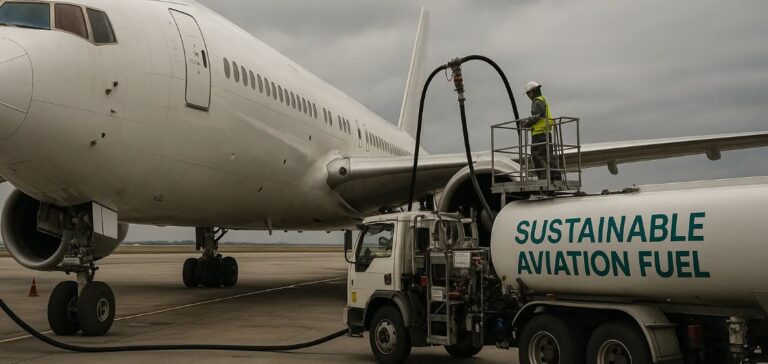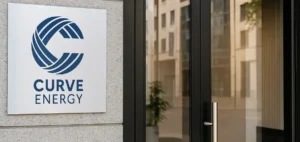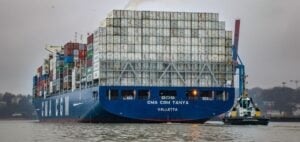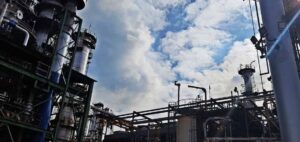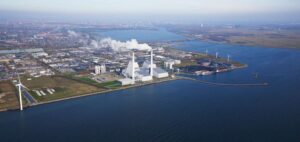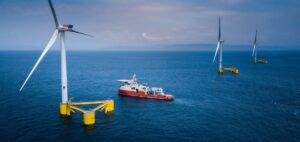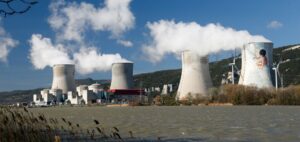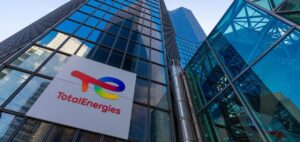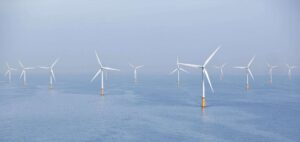The “DEZiR” project by Verso Energy has been selected under the “CARB AERO (FEED)” call for projects, part of the France 2030 initiative. This project, aimed at producing sustainable aviation fuel (e-SAF), marks an important step in the decarbonisation of the aviation sector. It is part of a broader effort to reduce the carbon footprint of air transport in Europe.
Production of sustainable aviation fuel in Normandy
Located in Normandy, in Petit-Couronne (Seine-Maritime) and Alizay (Eure), Verso Energy’s project plans to produce 81,000 tonnes of e-SAF annually, replacing fossil-based kerosene. This initiative is expected to prevent the emission of over 5 million tonnes of CO₂ over a 25-year period. The project will also generate significant economic benefits, including the creation of 250 direct and indirect jobs in the region.
An initiative supported by France 2030
The funding provided by the state will finance an engineering study (“FEED”), a key step in the project’s development. This study will also serve as the technical foundation for three other e-SAF projects in France, located in the Landes, Haute-Vienne/Charente, and Vosges regions. The “DEZiR” project is therefore part of a broader vision to develop an industrial sector in France for the production of synthetic fuels.
A replicable industrial model for France
Verso Energy has formed a strategic partnership with Technip Energies, through its subsidiary Rely, to develop a standardised platform for producing synthetic fuel from methanol. This platform, based on the Methanol-to-Jet technology, will be used to replicate this industrial model in the company’s other projects, contributing to the structuring of this new energy sector in France.
Verso Energy’s integrated model relies on the use of electricity produced by its own renewable energy generation facilities, aiming for long-term industrial competitiveness. The company aims to meet the needs of airlines by 2030, in line with the requirements of the European ReFuelEU Aviation regulation.
“France has unparalleled assets to become a global leader in the production of synthetic fuels and to meet not only domestic demand but also the needs of many other markets. We are very pleased with the support from France 2030, which reflects our country’s ambition to seize this opportunity,” said Antoine Huard, CEO and co-founder of Verso Energy.

